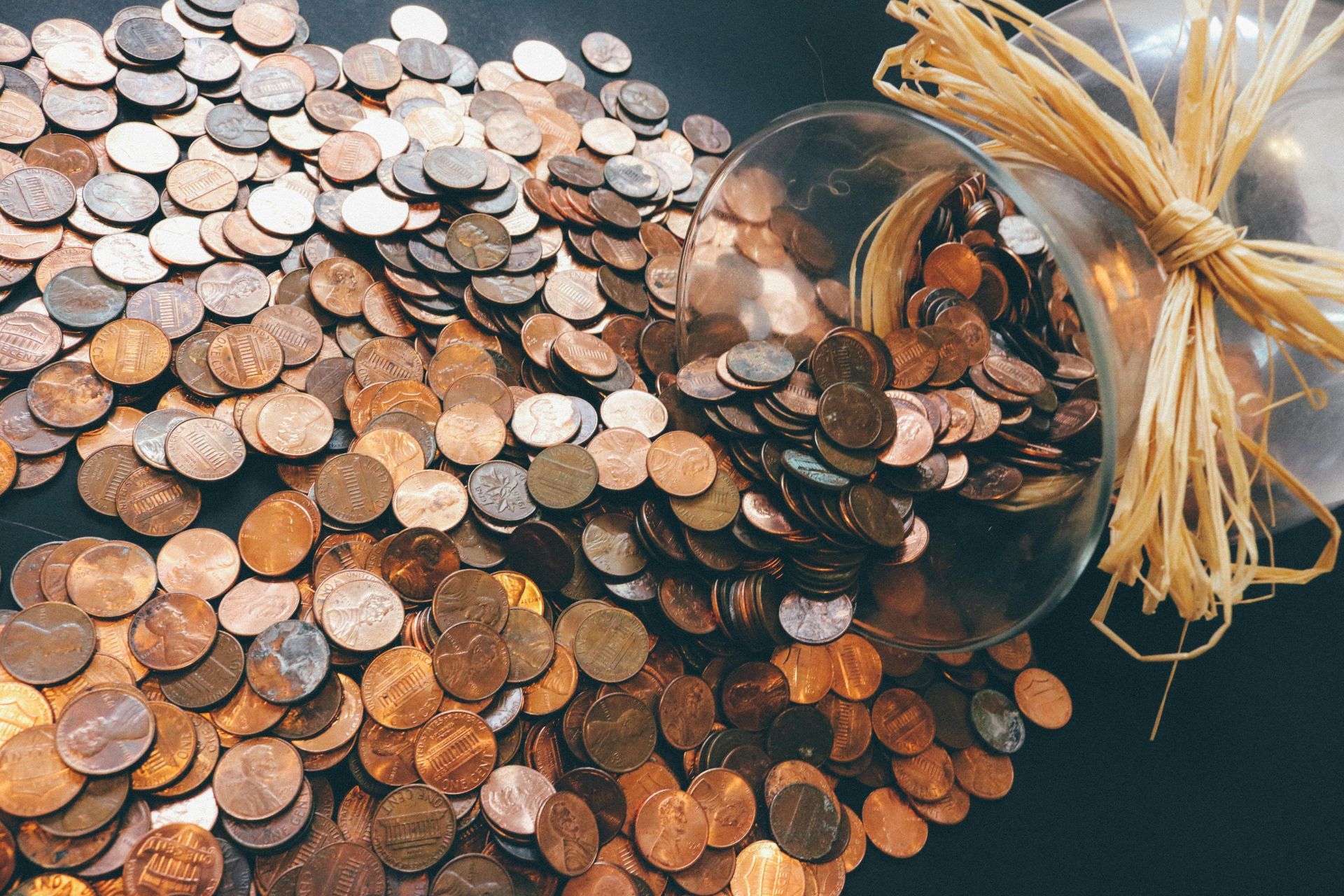How Long Does Chapter 7 Bankruptcy Stay on Your Credit Report in North Carolina?
How Long Does Chapter 7 Bankruptcy Stay on Your Credit Report in North Carolina?
Bankruptcy is often a last resort for those struggling with overwhelming debt. It is not a decision that should be taken lightly, as it has long-term consequences on your financial life. One of the most common questions people have when considering bankruptcy is how long it stays on their credit report. In this blog post, we will discuss how long Chapter 7 bankruptcy stays on your credit report in North Carolina, and the consequences of having bankruptcy on your credit report.
Chapter 7 Bankruptcy in North Carolina
Chapter 7 bankruptcy is a type of bankruptcy that allows individuals to discharge most of their unsecured debt, such as credit card debt, medical bills, and personal loans. In North Carolina, the process involves a means test that determines your eligibility for Chapter 7 bankruptcy. Once you file for bankruptcy, an automatic stay goes into effect, stopping all collection efforts from creditors, including foreclosure and repossession. The bankruptcy trustee assigned to your case will sell your non-exempt assets to repay creditors. However, most personal property and assets are exempt from liquidation under North Carolina law.
How Long Does Chapter 7 Bankruptcy Stay on Your Credit Report?
Chapter 7 bankruptcy will stay on your credit report for ten years from the date of filing. It is considered a severe negative mark on your credit report and can significantly impact your ability to obtain credit. Lenders and credit bureaus will see that you have filed for bankruptcy and may be less likely to approve you for credit, or only approve you for high-interest rates. However, the negative impact of bankruptcy on your credit report decreases over time.
Consequences of Having Bankruptcy on Your Credit Report
Having bankruptcy on your credit report can also affect other areas of your life, such as renting an apartment or obtaining car insurance. Landlords and insurance companies may see you as a high-risk person and charge you higher premiums. Additionally, some employers may perform credit checks on prospective employees, and bankruptcy may impact their hiring decision.
Rebuilding Your Credit After Bankruptcy
Although bankruptcy affects your credit score, it is not the end of your financial life. It is still possible to rebuild your credit after bankruptcy. One way to rebuild your credit is by obtaining a secured credit card. A secured credit card requires a deposit, which becomes your credit limit. You can use this card to make small purchases and pay off the balance every month, demonstrating responsible credit behavior. Over time, you can apply for unsecured credit cards with good credit behavior and work on rebuilding your credit score.
Chapter 7 bankruptcy stays on your credit report for ten years in North Carolina, and it is considered a severe negative mark on your credit. It can impact your ability to obtain credit, rent an apartment, and get car insurance. However, there are ways to rebuild your credit after bankruptcy. By demonstrating responsible credit behavior and seeking counseling, you can improve your credit score and financial future. If you are considering bankruptcy, it is essential to consult an experienced bankruptcy attorney who can guide you through the process and help you make informed decisions.











